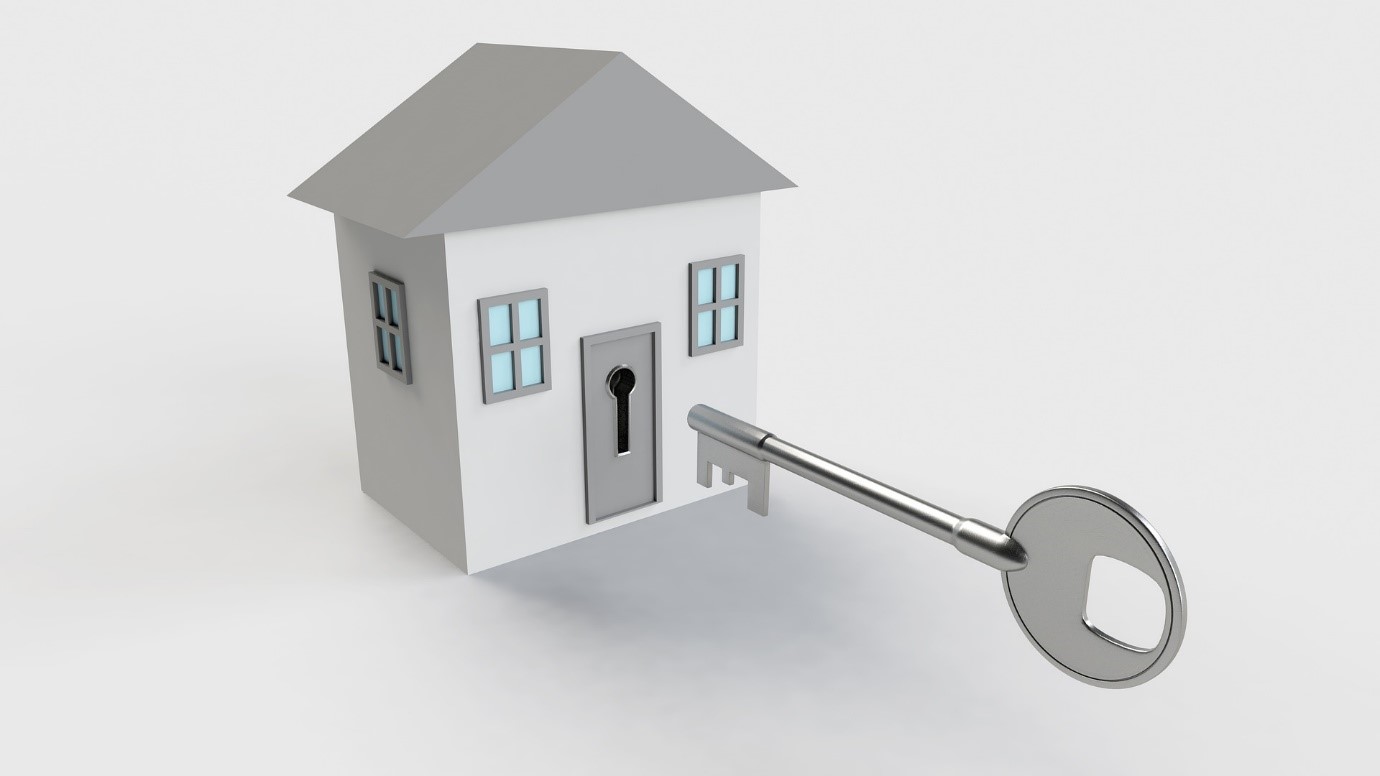Great – you have a property in mind that would be ideal for expanding your business or starting up a new business. Whether it be more space for the business, more room for the extra employees you are taking on or a better location – the specifics of the lease are key!
In today’s property market, it may be hard negotiating from a tenant’s point of view but there are some basic points you should push for.
Liability
Who is responsible for taking the Business Lease? You need to be wary of taking a lease in your own personal name as this is a very onerous obligation and can expose you to a costly personal liability. You should consider taking the lease in the name of a separate limited company (your business) rather than your own name – remember your company is a separate legal person and can enter into documents such as a commercial lease in its own capacity.
Not all Landlords will agree to this as they may look for security if you are proposing to take the Lease in a limited company with little financial record, for example, if you are a start-up business.
Break Clause
A break clause will give you flexibility to end the lease if things do not go to plan – if you do negotiate a break this will give you the right to end the tenancy on an earlier date than the expiration of the term of the lease.
This will be vital to all sizes of businesses as you never know what may or may not work out in the property itself or with your business. Perhaps you could negotiate a break at the mid-point of the lease, be it 5 years in a 10-year lease or otherwise.
Repairing
The lease itself will usually set out the repair obligations on the tenant and the landlord. You should carefully consider the repairing obligations you have during the term of the lease – this may be as so onerous as having to repair the interior and exterior of the property every 5 years.
If you do have to accept responsibility to repair than you should consider limiting your liability by imposing a Schedule of Condition. This would usually be an annexure to the lease setting out the condition of the property at the time you take the lease. There is a reference to pictures and a short description of the state of the property itself. This can prevent you from repairing the property to a better state it was in before you agreed to take on the lease!
Security of Tenure
The Landlord and Tenant Act 1954 gives tenants occupying property for the purposes of a business an automatic right to renew their lease when it comes to an end. This means that at the end of your tenancy you can apply to the court to have the lease renewed. This could be vital for your business – suppose that you have developed a reputation and client base in the area, you wouldn’t want to be forced to move elsewhere and lose your clientele!
You should be aware that many Landlords will want you to contract out of these provisions so that they have the flexibility to re-occupy the property after your tenancy is over.
Let us know if we can help you!
Author: Yvonne Morris
Email: yvonne@cloudlegalsupport.com
website: www.cloudlegalsupport.com
twitter: @CloudLegals
CloudLegal is a tech-enabled legal support consultancy which promises practical commercial and jargon-free advice. We support all company matters, commercial contracts/ Ts & Cs (including software and IT), employment & HR as well as data protection matters. We have various services including:
- our LawChat service which is a convenient way to speak to a legal expert;
- our suite of key Legal Templates available for pre-order purchase;
- our comprehensive Document CheckUp service for our templates;
- a free Request-a-Quote service for custom services from our in-house legal experts (and partner lawyers/ law firms);
- Last but not least, we offer a LawChat Legal Support Packages for business customers who need affordable, convenient and regular legal support. Areas include company setup, commercial contracts/ terms and conditions, intellectual property, data protection services and more. We also offer GDPR Support Packages in addition to Employment Support Packages.

